From credit cards to one-click payments, we have made a significant advancement in how payments are done in the last few years. Gone are the days when you always had to carry cash in your wallet. India is growing to be a “cash-less economy” with the rising fintech adoption.
The Pre-Internet Era
In the pre-internet era, electronic payments, especially credit and debit cards, became one of the most dominant forms of non-cash payments. Credit card was introduced by the Central bank of India in 1980 in association with Visa and Master Card. The retailers and the consumers adopted it quickly and as an easy way of making payments.

Internet is Here!
Internet was started in India by VSNL LIMITED with an average speed of 9.6 Kbit/s in 1995. The speed later increased to 33.4kbit/s, with 14 lakh Indian users. With the arrival of the internet in the mid-90s, it brought in a new kind of boom with people selling their products and service online, known as “E-commerce”.
In 1999, Indiaplaza.com launched India’s first e-commerce website. However, with the coming of e-commerce businesses, it demanded a new payment system, an online system that can be used by the consumers easily.
Technology Brings Change
India’s first-ever payment aggregator “BILLDESK” launched its operations in India, in 2000. However, we still felt a need for creating an online payment system that focused on the needs of the merchants as well as consumers as the online business was growing!
In 2007, a startup called Flipkart opened online for business. Flipkart changed the way people shopped online by giving all products and services in one place. And as e-commerce business grew, the need for integrating a secure and reliable payment gateway on the website grew too. Payment gateways help in transactions between merchants and their consumers, quickly and safely. The payments are done in one click and all the information is encrypted and tokenized.
With the launch of PAYU PAYMENTS in India in 2011, we saw an increase in the number of online transactions day by day.

The turning point came in 2016 with the launch of UPI – Unified Payment Interface, by the Govt of India and NPCI. It did not take much time for UPI to gain adoption by the people. UPI transactions saw an increase year after year.
Seeing its utility and ease of transaction, payment gateways did not take much time to integrate UPI in their system as an additional payment option to be offered to customers. It was this time that payment gateways flourished. For instance, PayU not only provided a payment gateway for transactions with all payment options but also a powerful dashboard with which merchant could track & manage their transactions.
Choices Galore!
Today, anyone who is running a business online or offline has multiple payment solution providers to choose from. But with PayU, the choice must not be difficult. Even if they don’t have a website, they can collect payments by sharing PayU payment links with their customers via msg, email or WhatsApp. PayU provides an end to end solution with checkout to final settlement.
Know how to accept payments online using PayU payment links.
The Future of Payments
According to stats, a $1 trillion digital market is expected by 2025 in India. As e-commerce becomes more popular, the payments industry will see more innovations regarding checkouts and providing ease to the customers.
We might also see an increase in “invisible payments”. Invisible payments include more secure and improved payment systems such as biometrics and cryptography through which customers won’t have to pay anything in person, but it will be automated and hence, invisible.
Conclusion
With financial technological or Fintech evolving at a pace, which is unthinkable, there is still a lot of potential in the Indian finance sector. The number of digital transactions is going to rise, as merchants and consumers find ease in digital payments. If you are an online business and want to grow your business exponentially, integrate PayU – India’s leading payment gateway. To know more,
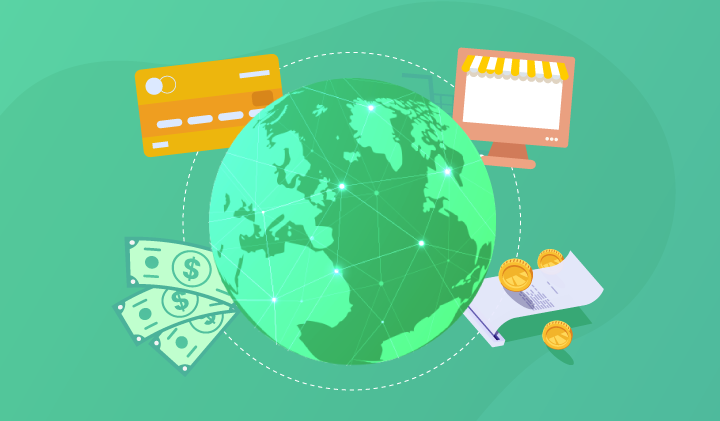

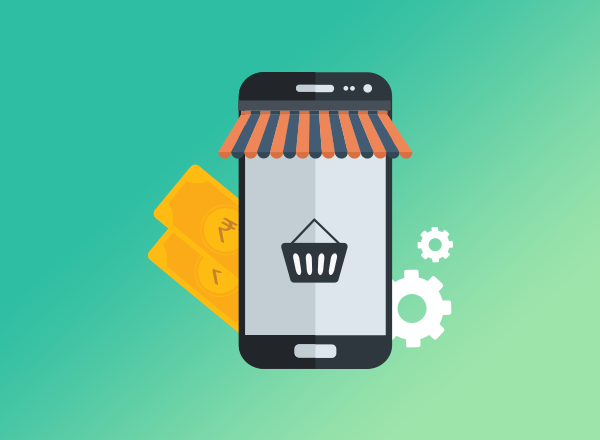
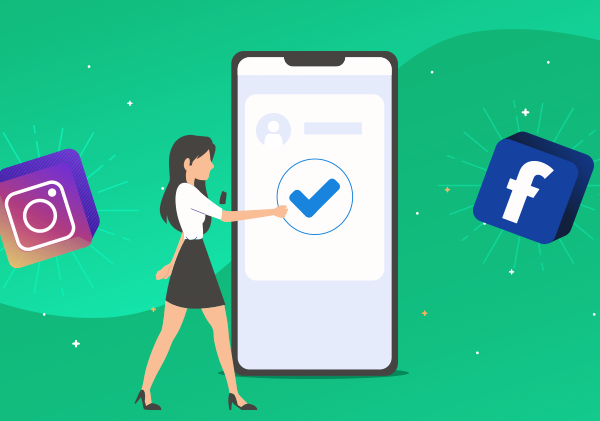
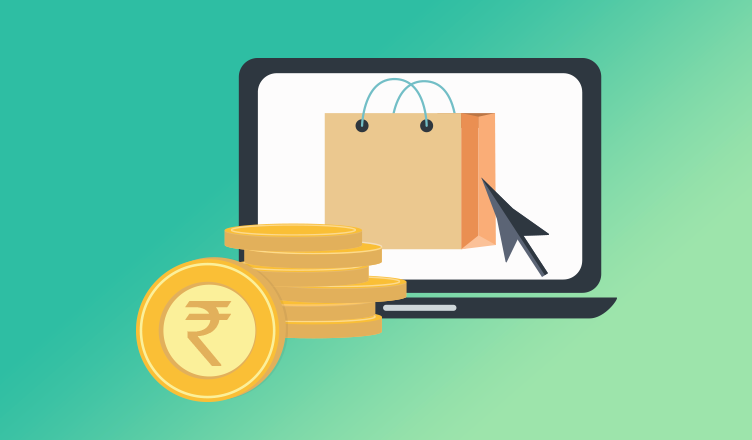
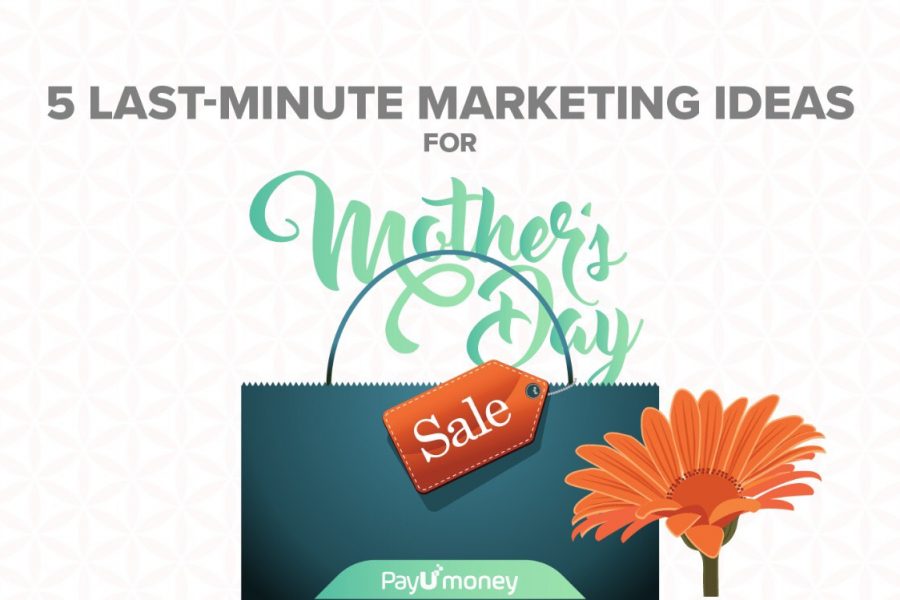

Leave a Comment